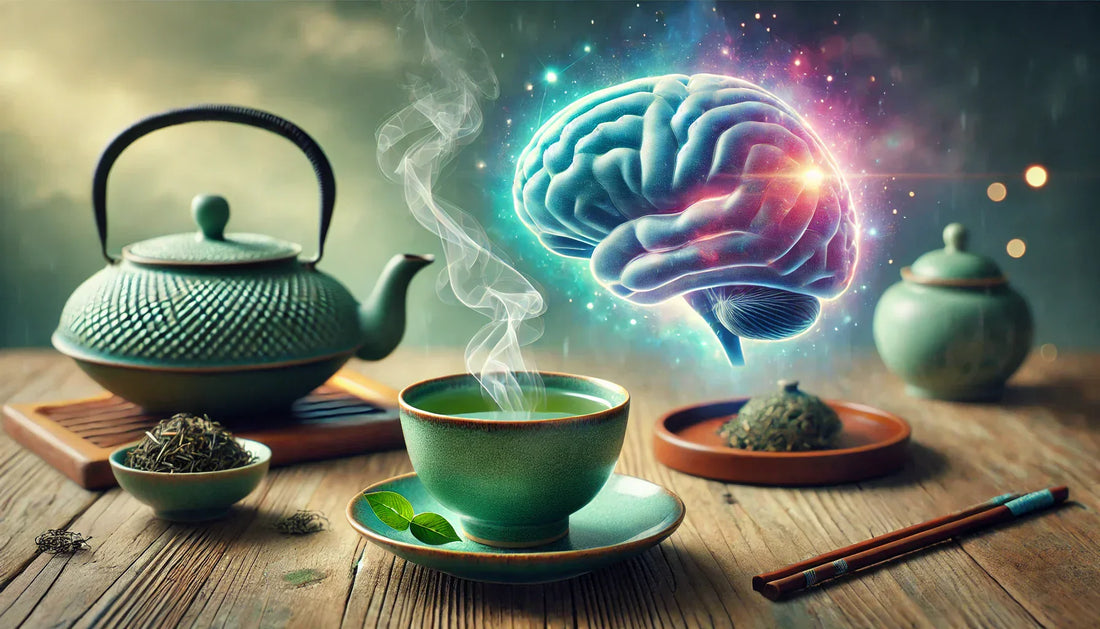
Green Tea and Brain Aging
Share
A study conducted in Japan examined how drinking green tea and coffee affects brain health in older adults. The researchers collected data from over 8,700 participants between 2016 and 2018, focusing on people without dementia. They used surveys to measure how often participants drank green tea and coffee and performed brain scans (MRIs) to assess their brain health.
Researchers focused on three main aspects of brain health:
1. White matter lesions (WMLs) – These are small damaged areas in the brain linked to aging and an increased risk of memory problems or dementia.
2. Hippocampal volume – The hippocampus is a key part of the brain involved in memory and learning. Shrinking of the hippocampus is often seen in conditions like Alzheimer’s disease.
3. Total brain volume – A smaller brain volume can be a sign of brain aging and cognitive decline.
The results showed that people who drank more green tea had fewer white matter lesions, suggesting that green tea may help protect brain health by improving blood flow or reducing damage to brain cells. However, drinking green tea did not significantly affect the size of the hippocampus or total brain volume.
On the other hand, coffee consumption did not show a strong connection to any of these brain health markers. In other words, drinking coffee did not seem to have the same protective effects as green tea.
In summary, this study suggests that regularly drinking green tea may help keep the brain healthier as people age, particularly by reducing damage to white matter. However, more research is needed to fully understand why green tea has these effects and whether it can actively prevent memory loss or dementia.
___
This article is based on the research published here.
